In today’s fast-paced business world, small businesses need to find ways to stay competitive and efficient. One of the most effective ways to achieve this is by leveraging information technology (IT) solutions. Small business IT can play a crucial role in streamlining processes, improving productivity, and ultimately driving success for small businesses. In this article, we will explore the role of IT in small business efficiency and discuss key strategies, tools, and techniques that can be used to maximize productivity and achieve success.
The Role of IT in Small Business Efficiency
IT plays a vital role in enhancing efficiency for small businesses. By implementing IT solutions that work for you business you can accomplish the following:
- Automating Tasks: Handling repetitive tasks automatically to reduce manual workload.
- Streamlining Processes: Smoothing out operations for increased productivity.
- Minimizing Human Error: Reducing mistakes through automated checks and balances.
For example, cloud-based software applications can centralize data and enable real-time collaboration among team members, eliminating the need for manual data entry and reducing the risk of data loss.
Additionally, IT can provide small businesses with access to valuable data analytics tools, allowing them to make data-driven decisions and optimize their operations.
Key Strategies for Leveraging Small Busine IT Effectively
To leverage IT effectively, small businesses should start do the following.
- Identify Needs and Goals: Understand specific requirements for tailored IT solutions.
- Assess Current Processes: Pinpoint areas needing IT enhancement.
- Select Suitable Tools: Choose user-friendly, scalable IT solutions.
- Prioritize Employee Training: Ensure effective tool utilization.
This involves conducting a thorough assessment of their current processes and identifying areas that can benefit from IT solutions. Once the needs are identified, businesses can then research and select the most suitable IT tools and systems. It is crucial to invest in user-friendly and scalable solutions that can grow with the business.
Furthermore, small businesses should prioritize employee training and support to ensure that the workforce can effectively utilize the IT solutions and maximize their benefits.
Maximizing Productivity with IT Solutions
IT solutions offer numerous opportunities for small businesses to maximize productivity. For instance:
- Project Management Software: Streamlines workflows, assigns tasks, and tracks progress.
- Communication Tools: Includes video conferencing and instant messaging for seamless collaboration.
- Automation Tools: Handle repetitive tasks, freeing up employee time for strategic activities.
project management software can help streamline workflows, assign tasks, and track progress, ensuring that projects are completed efficiently and on time. Communication tools, such as video conferencing and instant messaging platforms, enable seamless collaboration among team members, regardless of their physical location.
Moreover, automation tools can be utilized to automate repetitive tasks, freeing up valuable time for employees to focus on more strategic and value-added activities.
Tools and Techniques for Small Business IT Success
There is a wide range of IT tools and techniques that small businesses can leverage to achieve success such as:
- Cloud Computing: Enables remote data storage and access.
- Customer Relationship Management (CRM) Systems: Helps in managing and analyzing customer data to enhance service and drive sales.
- Cybersecurity Measures: Essential tools like firewalls and encryption protect sensitive business information.
Cloud computing allows businesses to store and access data remotely, reducing the need for physical storage and enabling flexible access from anywhere. Customer relationship management (CRM) systems can help businesses manage and analyze customer data, improving customer service and driving sales. Additionally, cybersecurity measures, such as firewalls and encryption, are essential to protect sensitive business information and ensure data privacy.
In conclusion, IT plays a crucial role in boosting efficiency and driving success for small businesses. By leveraging IT solutions, businesses can streamline processes, maximize productivity, and make data-driven decisions. It is important for small businesses to identify their specific needs, invest in user-friendly and scalable IT tools, and provide adequate training and support to their employees. By doing so, small businesses can harness the power of IT to stay competitive, improve efficiency, and achieve long-term success.

